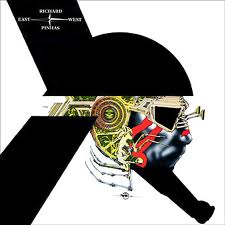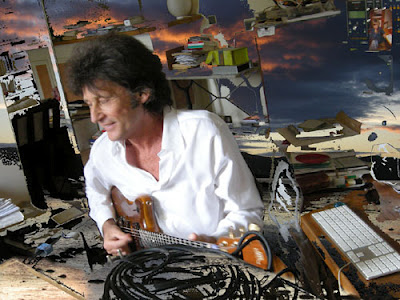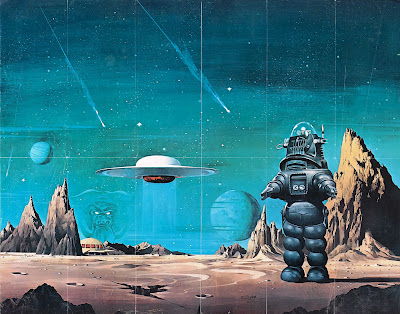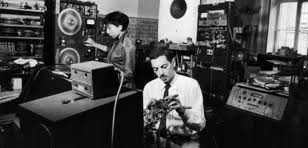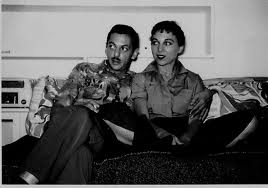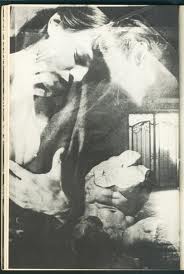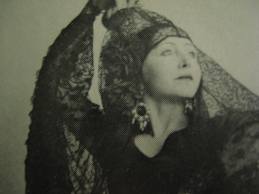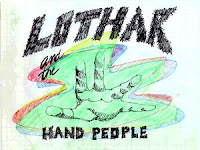August 18th
Raymond Scott- Electronic Audio Logos
Pond- Seidenstrasse
Moebius & Plank- News
Serge Blenner- Phrase II
Tangerine Dream- Cloudburst Flight
Richard Pinhas- Houston 69: “The Crash Landing”
Rene Hell- Perfume Part II
Richard Pinhas/ David Bowie- Sense of Doubt
Bernard Fevre- Dangerous Mixture
Georges Vert- An Electric Mind
The Advisory Circle- Wildspot
Majeure- Atlantis Purge
Outer Space- The Fifth Column
Forbidden Planet
Louis and Bebe Barron
August Fifth
Kona Triangle- Long Mountain
Belbury Poly- A Thin Place
Keaver & Brause- Cleff Rechard
Logic System- Clash
Padded Cell- Signal Failure
Todd Terje- Ragysh
Zombie Zombie- Driving This Road
Driphouse- Chompers World
Louis & Bebe Barron- Bells of Atlantis (with Anais Nin)
Else Marie Pade – 4 Illustrations: Himmelrummet (The Firmament)
Roedelius- (from Selbstportrait- Vol. II)

